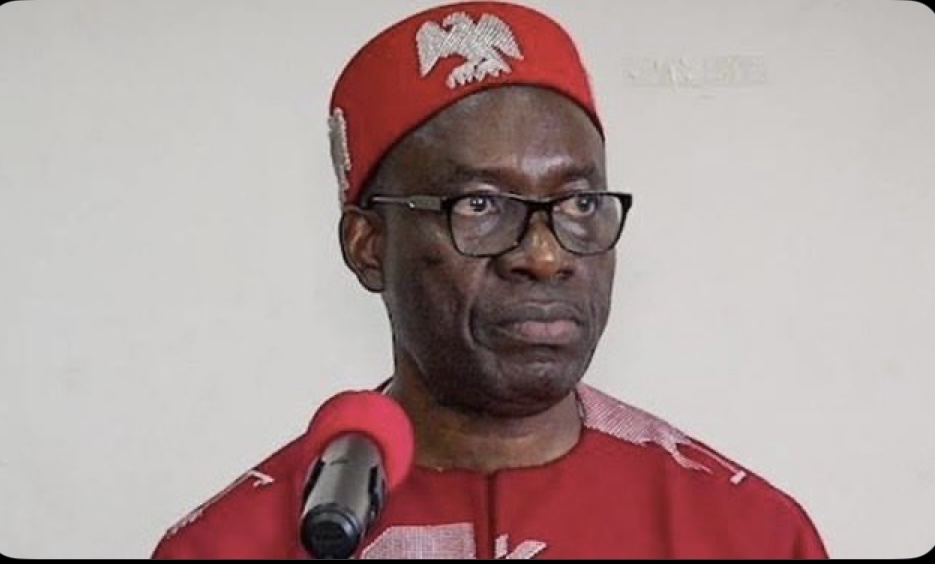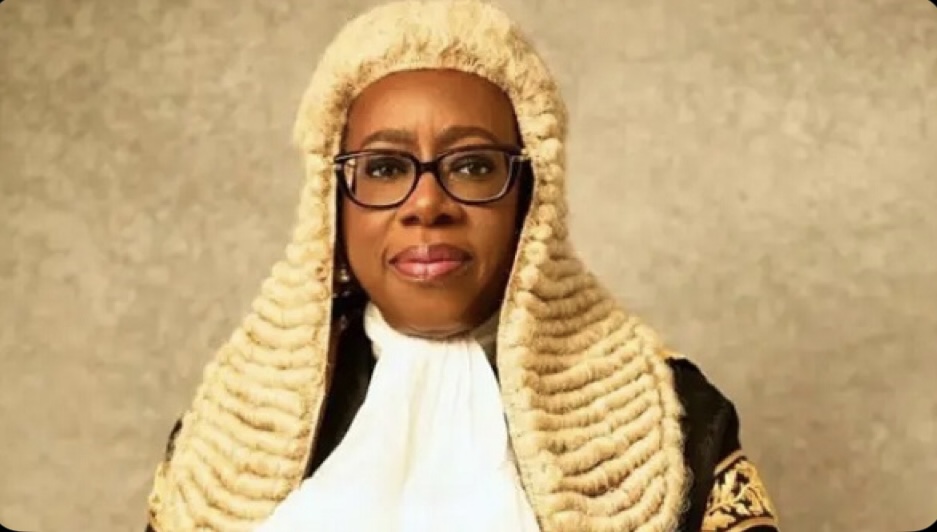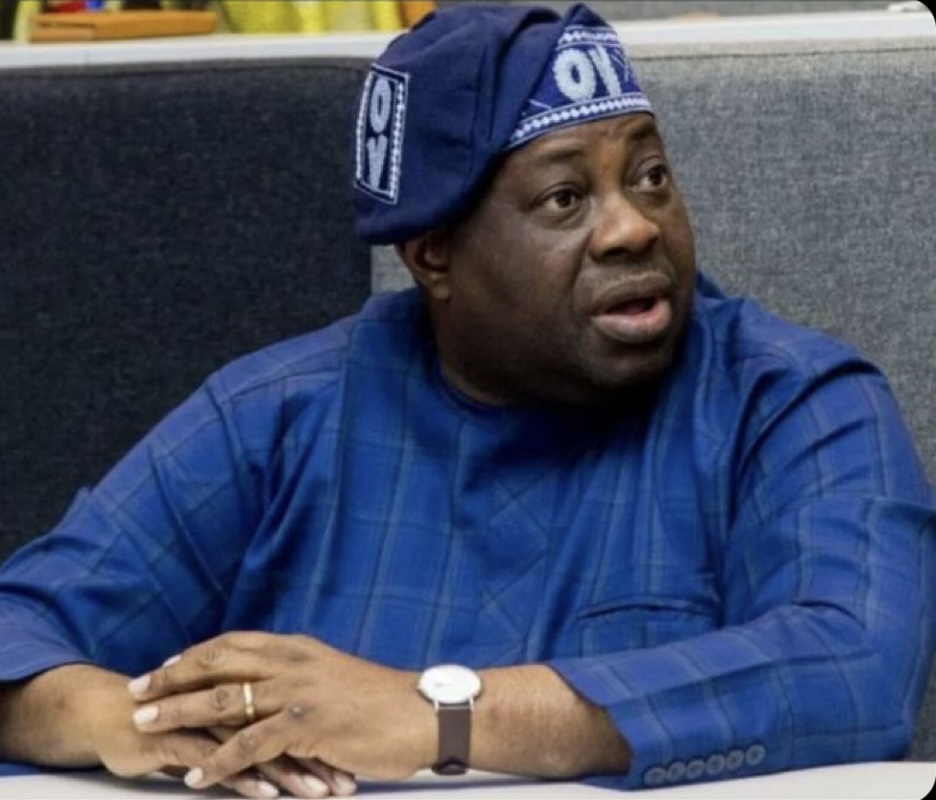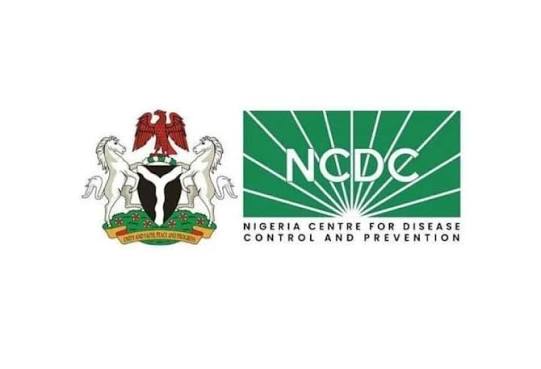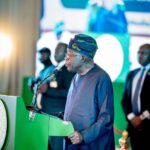Microsoft: Nigeria Poised to Lead Africa and the World in Artificial Intelligence
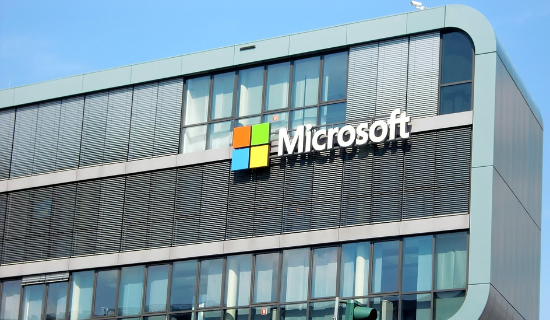
Technology giant Microsoft has declared that Nigeria is on track to become a global powerhouse in Artificial Intelligence (AI), highlighting the country’s youthful population, growing tech talent, and enabling government policies as key catalysts.
The statement was made during the Africa Digital Future Summit held in Abuja, where top executives, government officials, and innovators gathered to discuss the continent’s role in the emerging digital economy.
Speaking at the event, Microsoft’s Corporate Vice President for Global Industry Solutions, Deb Cupp, expressed optimism about Nigeria’s AI trajectory. According to her, the country is no longer just participating in the global AI conversation but is positioning itself to lead it. She praised Nigeria’s vibrant startup ecosystem and the increasing number of local developers solving real-world challenges using AI tools, noting that the pace of innovation within the country is remarkable and unmatched across much of the continent.
Cupp revealed that Microsoft is scaling up its operations and investments in Nigeria, building on the foundation laid by its Africa Development Center (ADC) in Lagos. She said the tech firm is expanding its focus on AI-driven projects in critical sectors such as healthcare, education, agriculture, and public service delivery. Microsoft is also rolling out specialized training programs for Nigerian youths and professionals, aimed at equipping them with in-demand AI skills that match global standards.
The company’s vision aligns closely with the Nigerian government’s recently launched National Artificial Intelligence Strategy, which seeks to harness AI for national development
The strategy outlines a framework for promoting responsible AI innovation, improving access to digital infrastructure, supporting research, and ensuring inclusion across different regions and social groups. Cupp applauded the initiative, calling it a bold and strategic step that places Nigeria at the forefront of technological advancement in Africa.
In his address at the summit, Nigeria’s Minister of Communications, Innovation and Digital Economy, Dr. Bosun Tijani, welcomed Microsoft’s recognition and reaffirmed the government’s commitment to making Nigeria a global digital force. He described AI as a transformative tool that can accelerate solutions in health, agriculture, finance, and governance, and stated that the government is working to create the regulatory and infrastructural environment needed for AI to thrive.
He noted that Nigeria’s demographic advantage—being home to one of the youngest populations in the world—offers a unique opportunity to build a tech-driven economy that is both innovative and inclusive. He added that empowering young Nigerians with AI skills will not only drive job creation and entrepreneurship but also position the country to export talent and solutions to the rest of the world.
Microsoft also announced plans to launch a Responsible AI Lab in collaboration with Nigerian universities. The lab will focus on research, policy, and ethical frameworks to guide AI development in a way that aligns with local realities and global best practices. According to the company, this initiative will promote trust in AI systems while ensuring they are used to address challenges such as food insecurity, disease outbreaks, and educational gaps.


